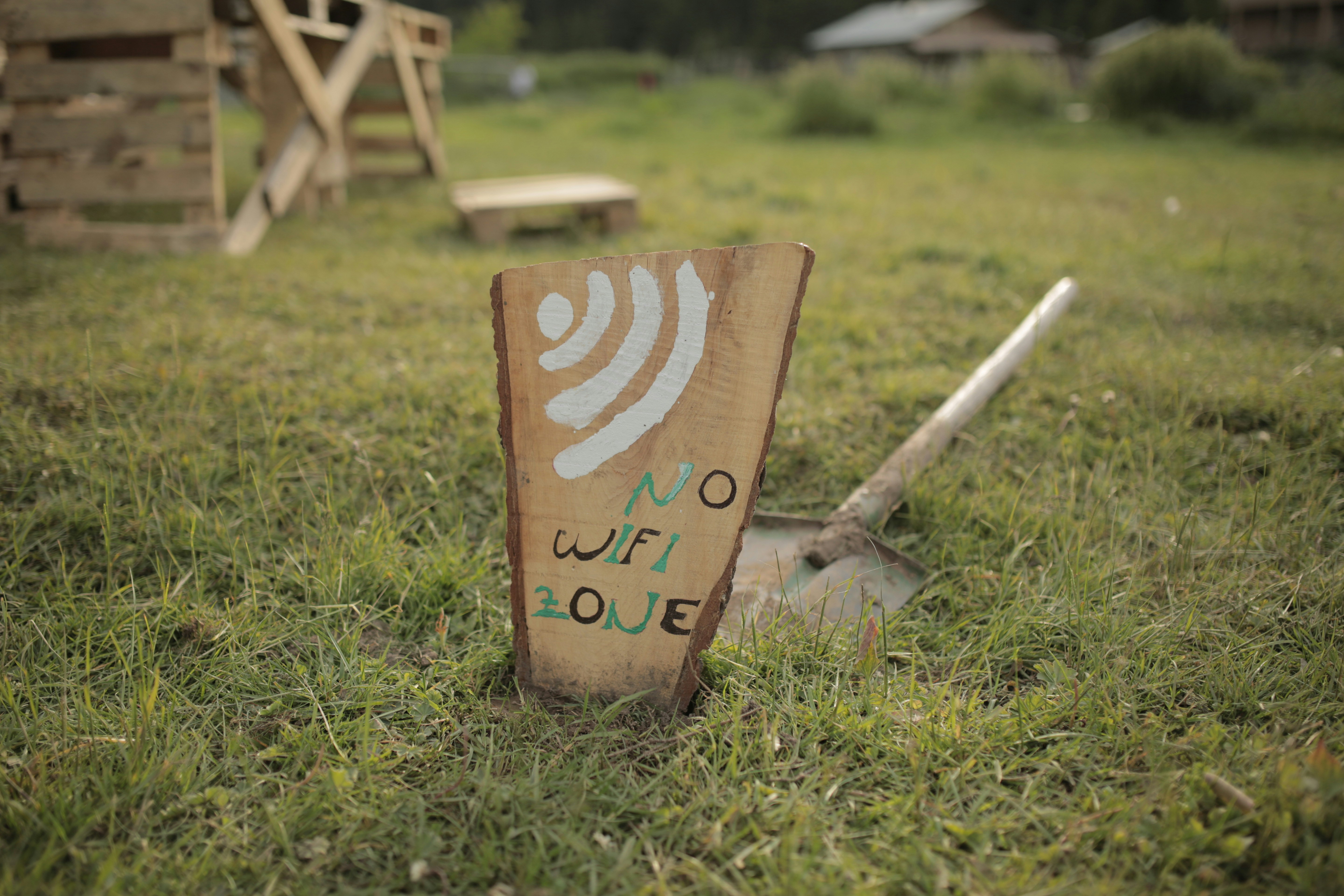The Internet: How has it revolutionized the World
When most people are asked what one thing they use every day, the answer is usually their phone. Smartphones and the internet have changed the world and have become an integral part of daily life. It has revolutionized education, communication, entertainm

The first form of the internet originated on January 1st, 1983. From there, the ‘World Wide Web’ was created by Tim Berne, and it was the first common means of accessing information online. Since then, the internet has become a huge network consisting of vast amounts of information and knowledge.
Books, research papers, articles, news, and so much more, can be found online within a few seconds. It has changed the traditional need for libraries and piles of textbooks. It also contains tools like tutorials on different skills such as painting, sewing, gardening, and various sports. Additionally, shopping, work, and school can be done from the comfort of one’s own home. It has made education more accessible by allowing students to take many courses, even those that originate from a different continent. Online school and work have proven their impact during COVID-19 when it allowed the world to keep functioning even in the midst of a pandemic.
Furthermore, the internet has allowed for connections to the world and made it a smaller place by allowing for quicker and more efficient communication. Before online communication, communicating with other people was extremely difficult as it would take weeks for a single letter to reach the final destination. However, with the invention of various apps like Email, facetime, WhatsApp, and other messaging services, communicating with someone halfway across the world is only a few buttons away. Alongside that, inventions that have been made possible because of the internet, such as Google Maps, online recipe books, Netflix, and music streaming apps, are used by millions of people worldwide.
In addition, globalization, the interconnectedness of the world, and the sharing of different cultures are also a result of the internet. On social media apps, people watch creators from foreign countries, shop for clothes manufactured abroad, and learn aspects about other cultures like food, music, and language. Social media apps are also platforms for people to share their views and advocate for what they believe in.
When used to its full potential, the Internet is a web of information that enables people to expand their knowledge and capabilities. As much as the internet is useful and crucial, it can be addicting as well. It can quickly take over and make people extremely dependent. It also raises concerns about privacy as everything we do online can leave a digital footprint. Taking into consideration both the positives and negatives of the internet, it should be used with care and moderation, like many other good things.
The Internet is a mark of a new, modern, more connected, and fast-paced world. As Stephen Hawking says, “We are all now connected by the Internet, like neurons in a giant brain.”


